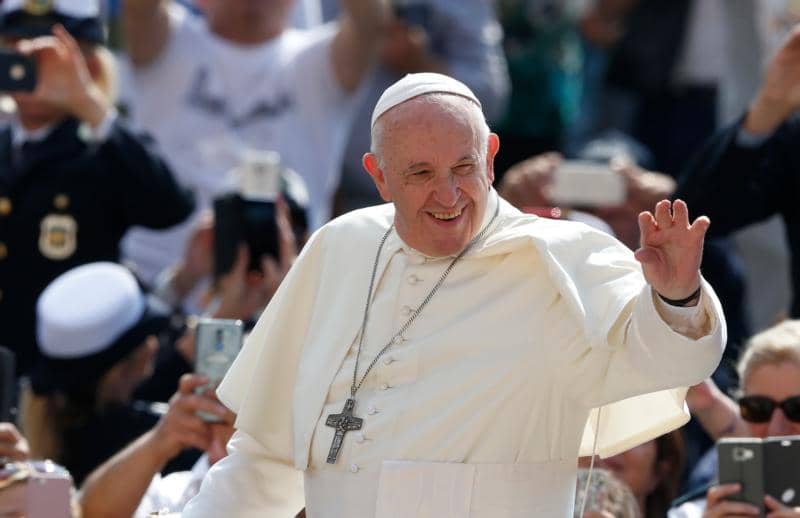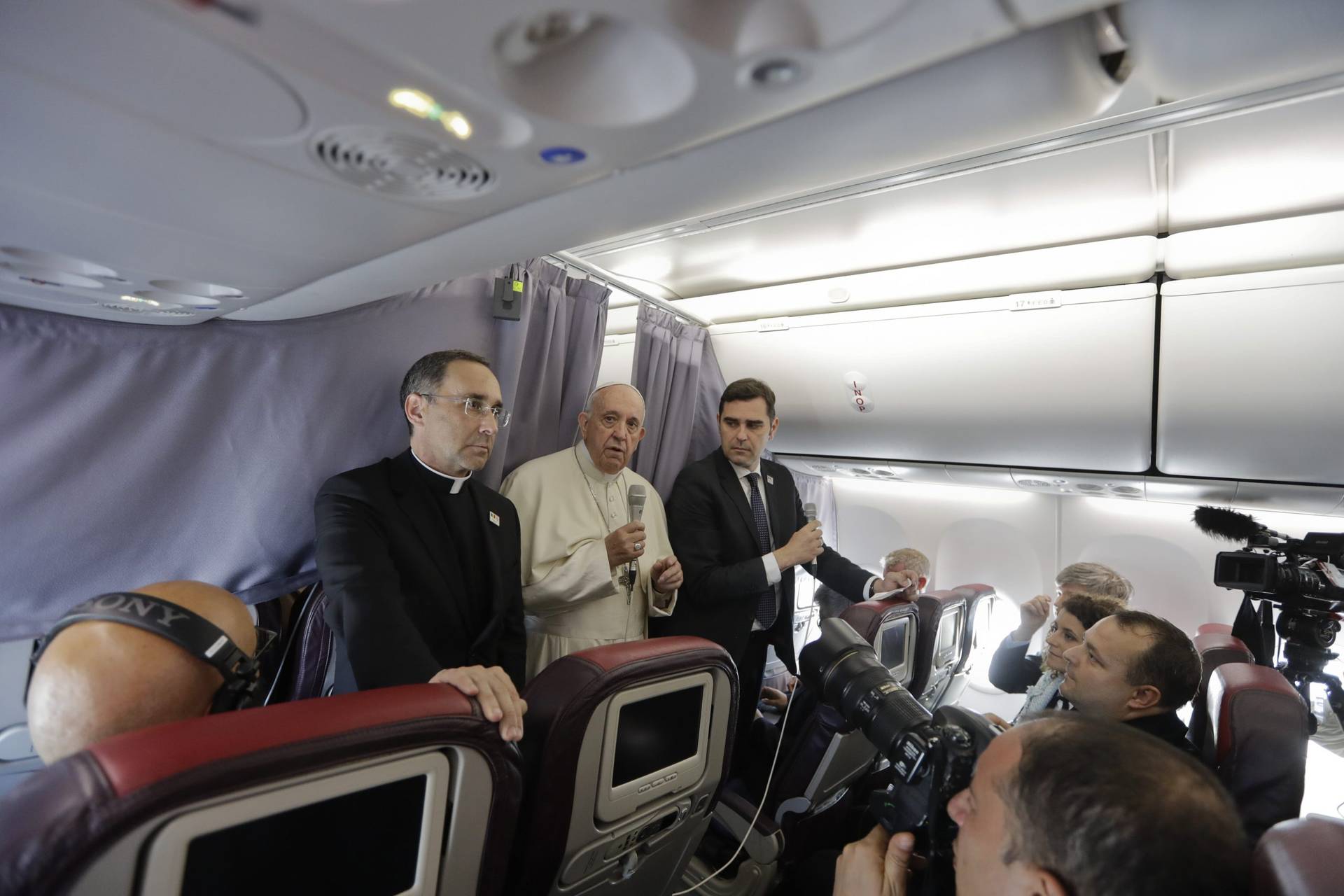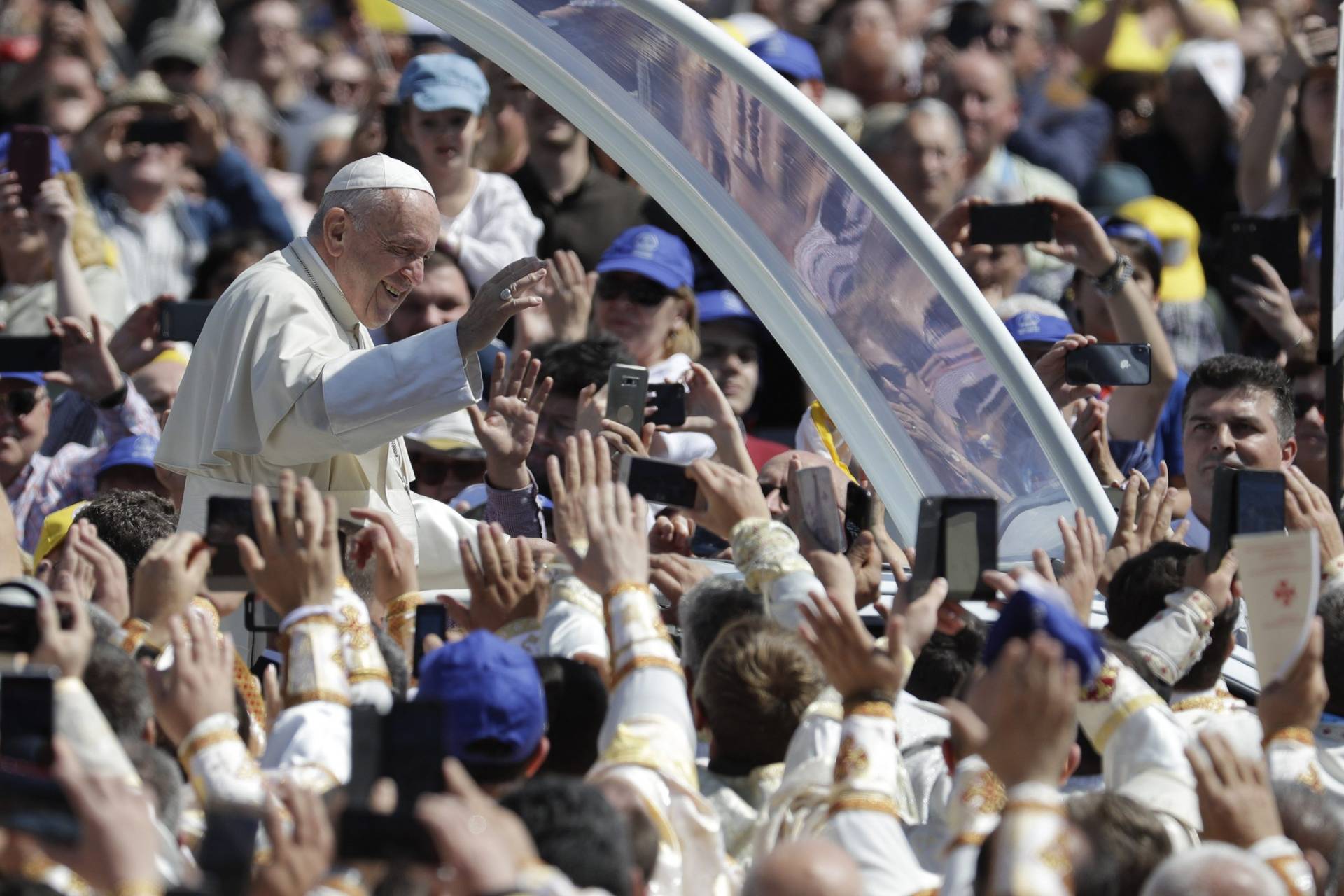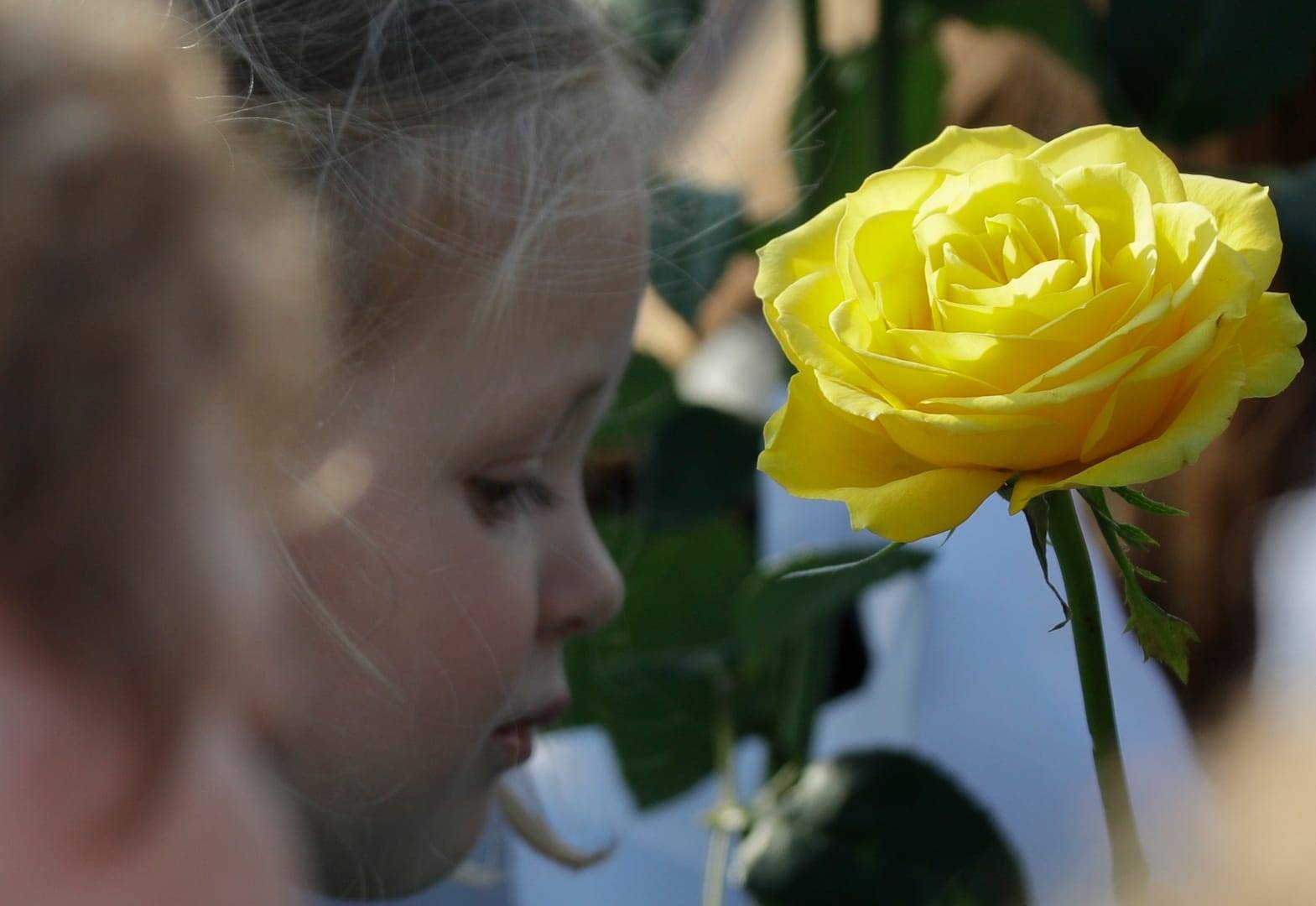BLAJ, Romania – While visiting the famously impoverished and marginalized gypsy community in Romania, Pope Francis asked forgiveness on behalf of the Catholic Church for the discrimination and mistreatment that they have endured.
On the last day of his May 31 to June 2 visit to Romania, the pope said his heart was “heavy,” being weighed down “by the many experiences of discrimination, segregation and mistreatment” that the Roma community, also known as gypsies, have experienced.
“History tells us that Christians too, including Catholics, are not strangers to such evil. I would like to ask your forgiveness for this. I ask forgiveness – in the name of the Church and of the Lord – and I ask forgiveness of you,” he said.
Francis stressed that “in Christ’s Church, there is room for everyone,” while condemning the indifference that “breeds prejudices and fosters anger and resentment.”
The meeting with the Roma people in Romania closes a circle, since the pope met with a small delegation of gypsies at Domus Sancta Martae where he lives right before leaving for the Eastern European country.
On Sunday, gypsy families and children greeted the pontiff in the Barbu Lăutaru neighborhood in the northern city of Blaj. Three representatives of the community asked the pontiff questions and voiced their concerns, and a Greek Catholic priest of Roma descent spoke of his experience.
Romania has one of the largest Roma communities in Europe (about 10 percent of the population) and while official numbers register 600,000 people, the real figure might be closer to 2 million.
Their nomad culture makes gypsies apt at assimilating the religious and linguistic profiles of their welcoming country. Reflecting the religious makeup in Romania, more than 70 percent of Roma people identify as Orthodox while the remaining 7 percent is Catholic or Protestant, according to the latest census.
The Roma suffered persecution and were sent to work and concentration camps during Nazi occupation. Their numbers now as high as 12 million, they are today the largest ethnic minority in Europe. Still they live on the outskirts of society, with 95 percent of the population amassed in deprived settlements where often they have no access to electricity or running water.
Given their painful past, the pope told the Roma community in Romania that they are “at a crossroads” having to choose reconciliation or revenge.
“Let us choose the way of Jesus,” Francis said. “It is a way that demands effort, but the way that brings peace. And it passes through forgiveness.”
Integration of the Roma people in Europe continues to be struggle, since their culture struggles to adapt to the demands of Western society and, in return, they are often met with racism and prejudice.
“This a people with a style and way of life that is different from ours,” said Liviu – Petru Zăpîrţan, Romanian Ambassador to the Holy See, in a May 24 interview with Crux. “European institutions have found the uses and customs of this people, for example the fact that the youth get married at 11-12 years old, very difficult.”
The gypsy community is also known as the “children people” since getting married and having children very young is encouraged. In several European Union countries – including Romania – 42 percent of Roma people finish primary education, while only 10 percent end up finishing high school, a 2008 Open Society Institute survey found.
According to Zăpîrţan, “the Roma problem is not a Romania, Hungarian or Italian problem, it’s a European problem. Only together will we be able to regulate their situation and make efforts to integrate them and socialize them with European laws. They have very strong life views, but they are not incompatible with European lifestyles.”
Francis told the Roma community that they “have a great role to play” and to not be afraid to share the beauty and richness of their culture with the world, namely the emphasis they place on the family, concern for the vulnerable, respect for the elderly and hospitality.
“I would encourage you to journey together, wherever you are, in helping to build a more humane world, overcoming fear and suspicion, breaking down the barriers that separate us from others, and encouraging mutual trust in the patient and never fruitless search for fraternity,” he concluded.
Follow Claire Giangravè on Twitter: @ClaireGiangrave
Crux is dedicated to smart, wired and independent reporting on the Vatican and worldwide Catholic Church. That kind of reporting doesn’t come cheap, and we need your support. You can help Crux by giving a small amount monthly, or with a onetime gift. Please remember, Crux is a for-profit organization, so contributions are not tax-deductible.















